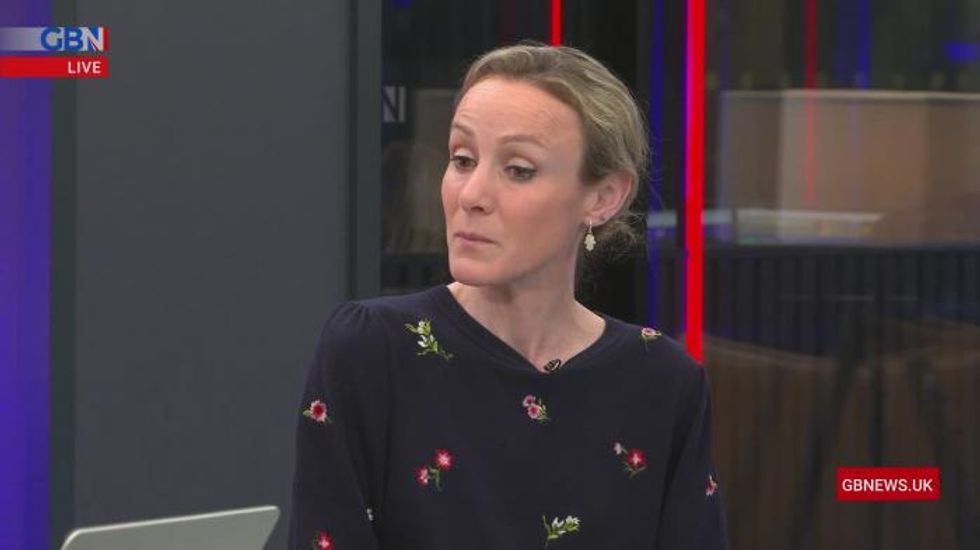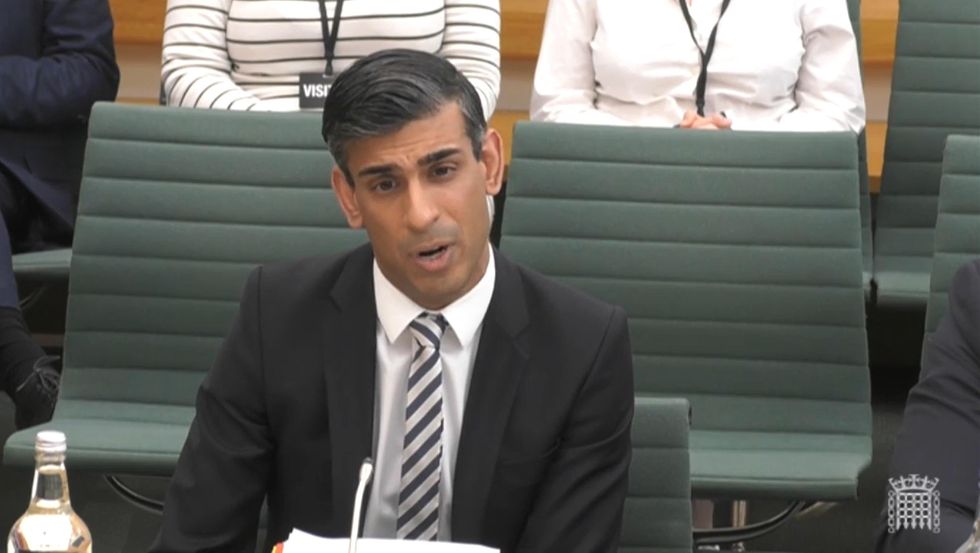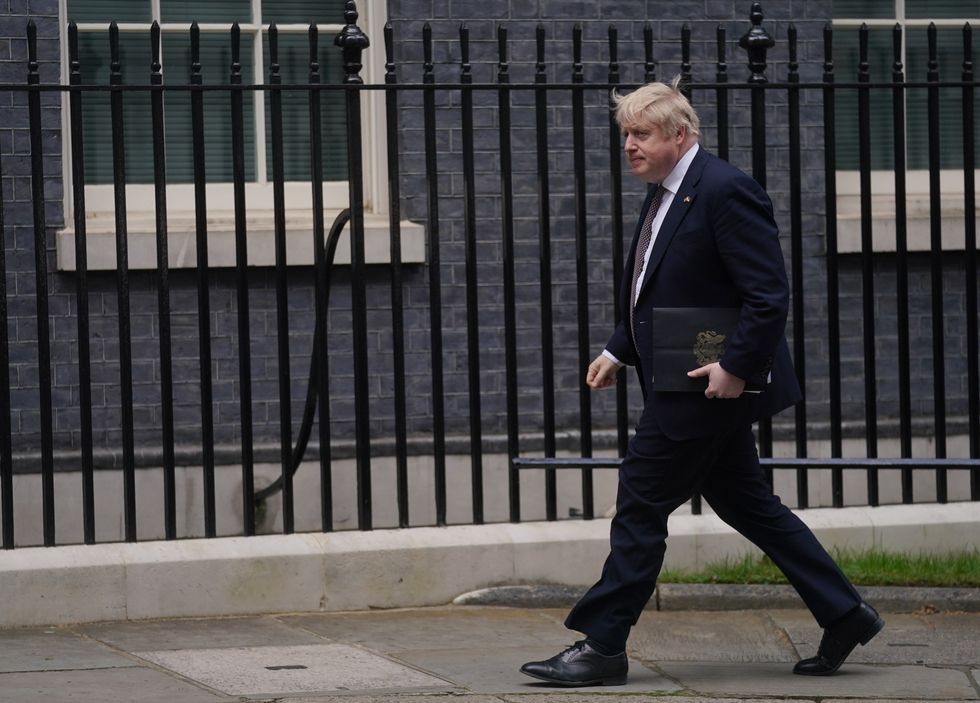UK unemployment rate falls – but workers suffer biggest drop in real pay since 2013
UK workers suffered the biggest fall in their real pay for nearly nine years
Don't Miss
Most Read
The Office for National Statistics (ONS) said regular pay excluding bonuses tumbled 1.8 percent in the three months to February when taking soaring inflation into account as measured by the Consumer Prices Index (CPI) – the steepest fall since August to October 2013.
In February alone, real regular wages dropped 2.1 percent which was the biggest drop since August 2013, the ONS added.
While pay rose four percent in the quarter, it was far outstripped by inflation and experts have warned wages will lag even further behind rising prices this year as inflation is expected to rocket in the autumn.
The latest ONS labour market data also revealed another rise in the number of UK workers on payrolls, up by 35,000 between February and March to 29.6 million.
Rishi Sunak
House of Commons
Boris Johnson
Victoria Jones
But this was the smallest monthly increase since February last year while vacancies also saw the smallest rise since February to April 2021, up 50,200 at a record 1.29 million in January to March.
Darren Morgan, director of economic statistics at the ONS, said: “Overall, employment in December-February was little changed on the previous three months, and so is still below its pre-pandemic level.
“While unemployment has fallen again, we are still seeing rising numbers of people disengaging from the labour market, and as they aren’t working or looking for work, are not counted as unemployed.
“Early estimates suggest there was only a small increase in the number of employees on payroll in March, while job vacancies, although again at a record high, rose at their slowest for nearly a year.
“While strong bonuses continue to mitigate the effects of rising prices on people’s total earnings, basic pay is now falling noticeably in real terms.”
The figures come amid forecasts that inflation will peak at nearly nine percent this autumn, with official data on Wednesday set to show another steep rise in the CPI.
The latest data from the ONS marks the calm before the storm, ahead of April’s energy cap rise, council tax bills increase and the national insurance contribution rise.
The UK’s economic forecasters, the Office for Budget Responsibility (OBR), recently warned that households will suffer the biggest fall in real incomes since records began in 1956, with a drop of more than 2.2 percent this year.
Responding to the news, Minister for Employment Mims Davies said: “With the unemployment rate returning to the lowest we have seen in nearly 50 years, it is clear our Plan for Jobs has worked – protecting livelihoods and businesses throughout the pandemic.
“Behind these ONS figures we know this is a difficult time for many workers and families. We’re doing everything we can to help, with our Way to Work scheme which is supporting people coming through the doors of our Jobcentres to move into better paid, higher skilled work.
"As well as increasing the National Living and Minimum Wage all backed up by over £22billion of targeted investment."













